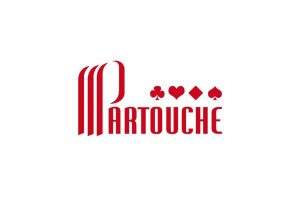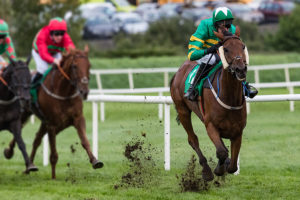Netherlands submits more details on iGaming legislation

Interested parties have until November 12 to offer feedback.
The Netherlands.- The government has sent further details of its proposed online gambling legislation to the European Commission for comment.
The new submission includes details on technical standards, record-holding and reporting requirements as well as what intervention licensees will be required to take when a player shows signs of problem gambling.
The regulations state that electronic casino games must use a “reliable random number generator” that “cannot be manipulated”, while live casino games must be protected against unauthorised access and manipulation.
Licensees must also refrain from using “misleading” names for licensed games.
Sports betting will not be allowed on “negative events” such as yellow cards in football nor on events that have no impact on match results.
On reporting measures, the proposed legislation will require all licensees to submit annual reports that include data on the number of registered players, due diligence checks, rejected registrations, suspected integrity breaches and complaints.
The Dutch regulator, Kansspelautoriteit, will also have the ability to request more frequent reports.
Licensees will need to record information on each player’s registration, whether enhanced customer due diligence was carried out, and continual data on the total time and money each customer spends on different verticals, and data for every payment transaction.
Regarding problem gambling, the proposed regulations set out six possible ways in which operators must intervene in player activity, choosing the most appropriate measure depending on the player’s age, activity and any reaction to past interventions.
The options range from highlighting the player’s own activity by providing data on their play to blocking the player from gambling altogether.
Other options include advising players to use problem gambling resources, and encouraging the player to set time or spending limits.
Licensees will need to give players a “clear and comprehensible explanation” for why the measure of intervention used was chosen.
The Dutch Remote Gambling Act is due to come into force in January 2021, with licensees to launch next July, although René Jansen, Chairman of Kansspelautoriteit, confirmed in an interview with Focus Gaming News that the regulator understands the government is likely to push the date back by “a few months”.
The Netherlands already submitted part of its proposed legislation to the EU in July. That included limits on bonuses and a ban on advertising between 6am and 9pm.
Stakeholders can submit feedback on the latest section of the regulations up until November 12, when the European Commission will make a decision on the proposed legislation’s compatibility with European Union law.









